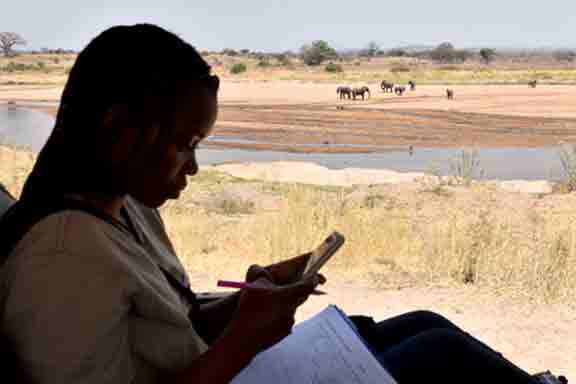Around 16,000 elephants live in the Ruaha area in southern Tanzania, which STEP monitors. This is the largest elephant population in East Africa! The region is home to 35% of East African elephants and 7% of African elephants.
The Ruaha elephant monitoring team has been working hard over the past few months to sight and identify as many elephants as possible using the elephant ID database.
New to the team is a young Tanzanian researcher who is currently undergoing her training.
The Ruaha elephant monitoring data will be used, among other things, to conduct an updated demographic assessment (age and sex structure, breeding indicators) of the elephant population. The resulting data will be submitted to the Tanzania Wildlife Research Institute (TAWIRI) of the Tanzania Government Agency, which is leading the current wildlife census.
In addition, STEP is working with two master's students from Sokoine University of Agriculture this year as part of an affiliated research project.
Plans include studying what water resources elephants use in populated areas of the Rungwa-Doroto range, as well as research on elephants at the forest-farmland interface in the Kilombero Valley.
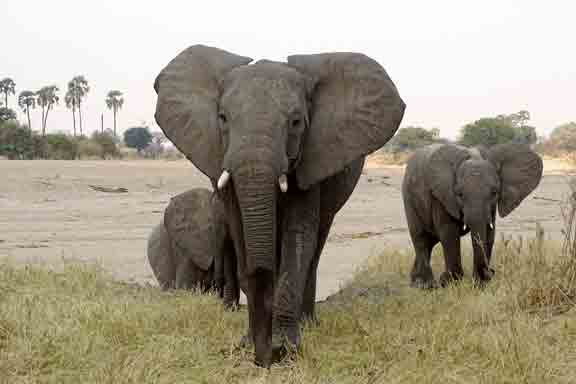

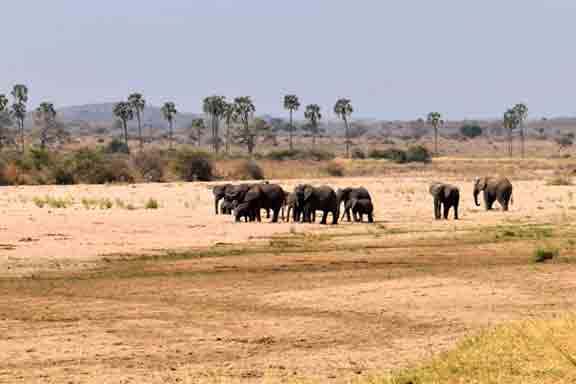
The two female students were invited to attend a week-long training to prepare them for fieldwork. The training included using GPS devices, setting up and maintaining camera traps, processing and classifying data from the camera traps, and identifying gender, age group, group type, body condition, and activity types through the camera trap photos. STEP will work closely with the two students to support their field research in the coming months. This will require approximately 60 days.
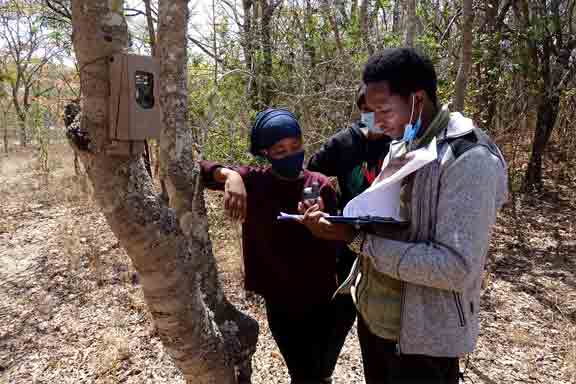
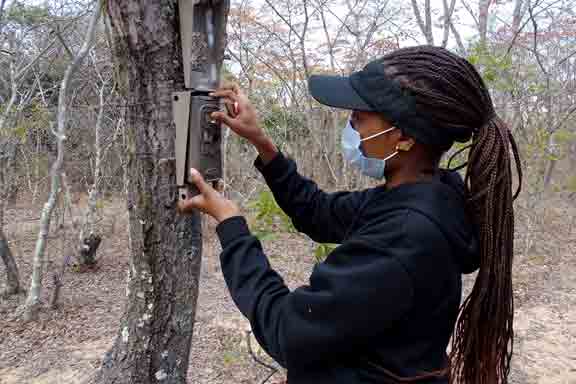
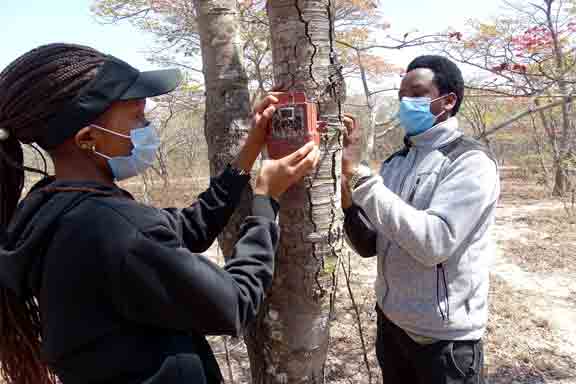
STEP is getting a new aircraft, which Future for Elephants helped to finance thanks to our supporters. The plan is to monitor the Ruaha-Rungwa area through regular surveillance flights.
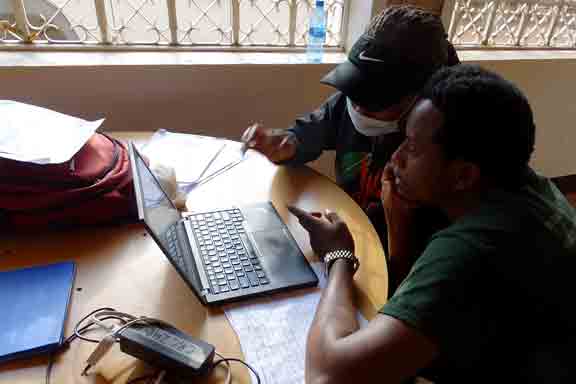
Photocredit of all Pictures: STEP
More about the work of STEP:

